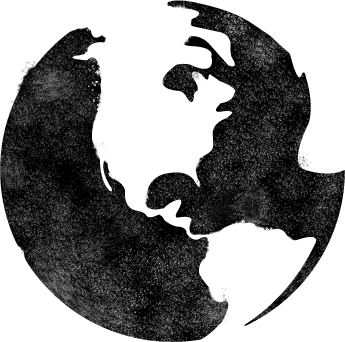
Book Chapter: “Photovoice for the Climate Justice Classroom:
Inviting Students’ Affective and Sociopolitical Engagement” in Part II - Justice as Affective Pedagogy
See chapter website: https://www.existentialtoolkit.com/carlie-trott
Video: Community-led Climate Resilience Planning
UC Research + Innovation Week 2022 | March 2022
Video: Mellon Sawyer Lecture, CU Boulder
"Envisioning Climate Just Futures: Youth-led Community Action through the Arts"
Dr. Trott gave this talk in March 2021 as part of the Mellon Sawyer Seminar series. More info from CU Boulder below:
The specifics of ecological destruction often take a cruel turn, affecting those people who can least resist its impacts and those who are least responsible for it. Communities absorb the shock of catastrophe in unequal ways. Therefore, to generalize about losses, precedents, and paths forward becomes detrimental to understanding the uneven particulars of what scientists now refer to as the age of the Anthropocene.This Mellon Sawyer Seminar, Deep Horizons: Making Visible an Unseen Spectrum of Ecological Casualties & Prospects, aims to traverse multiple disciplines and perspectives to investigate intersectional questions concerning the changing planet as it affects specific peoples, communities, wildlife species, and ecosystems in varying and inequitable ways.
The seminar’s theme – Deep Horizons – suggests the need to stand firmly on Earth yet also push the limits of our vision. Against the hubristic, quick “clean-up,” “rebuild,” and “rebound” mentalities that have dominated in the aftermath of catastrophes like the Deepwater Horizon oil spill or the still unfolding ramifications of the global coronavirus pandemic, deep horizons calls for a sensing of both the boundedness and abundance of our planet, and a perceiving, through creative means, of a less visible spectrum of casualties and prospects.
At the base of the Rocky Mountains on traditional lands of Arapaho, Ute, Cheyenne, and Eastern Shoshone, the University of Colorado Boulder is ideally positioned to host this seminar, aimed at nurturing more capacious, humanities-, arts-, and sciences-based alliances for long-term ecological transformation. The campus exists within a nexus of world-class institutes, centers, and scholars working on issues of the environment and ecology, indigeneity, and natural hazards and human-induced disasters.
Through a lens of deep horizons, this interdisciplinary, intersectional project calls for empathy, attunement, and an outlook that encompasses a diversity of individuals, communities, and collaborative entities committed to climate justice and more ethically durable futures.
Media
"When climate change is child’s play, the future looks greener" - Gulf Times
"Cool Transportation Hacks Cities Are Using to Fight Climate Change" - Scientific American
"How much will your neighborhood be affected by climate change? A new report looks at the risk factors" - WXVU (Public Radio)
"Cincinnati’s Climate Equity Indicators Report" - UC Center for Public Engagement with Science
"UC-led report identifies Cincinnati’s climate indicators: Cincinnati leaders, residents can see how neighborhoods fare regarding climate factors" - UC News
"Student Community Psychologists in Action" - UC Center for Public Engagement with Science
"Trott’s community research senior capstone students present at City Hall" - UC Center for Public Engagement with Science
"Downtown's Mercantile Library to Host Lecture Series on Climate Change" - City Beat
"Affiliate Spotlight" - UC Center for Public Engagement with Science
"UC students examine views on recycling in one Cincinnati neighborhood" - UC News




